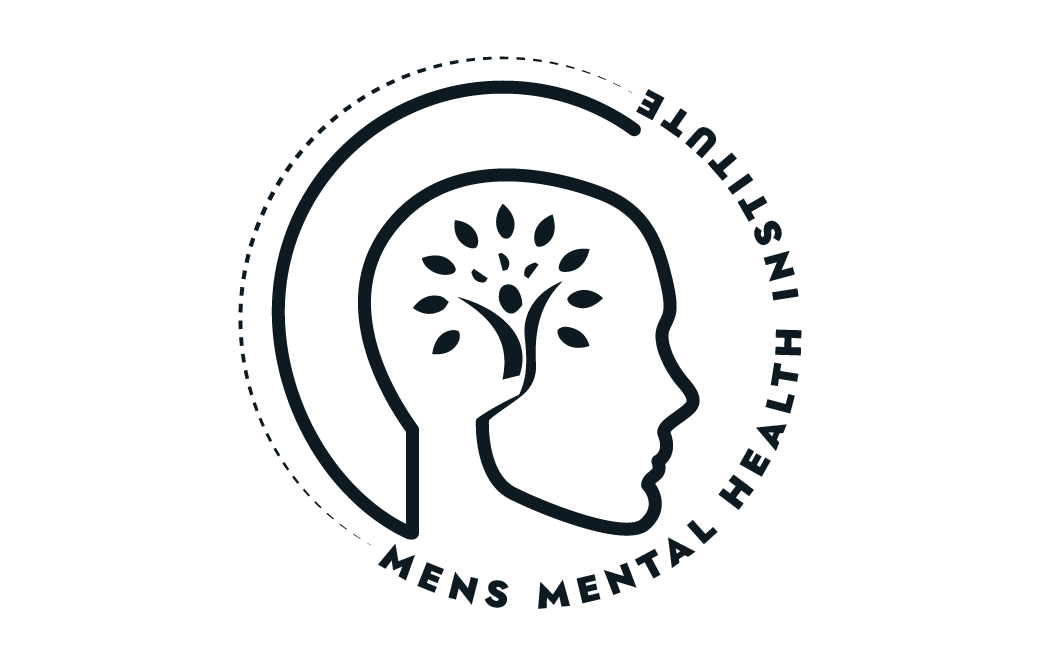Why You Keep Going Back, Even When It’s Destroying You
You don’t want to want it anymore. The compulsive hookups. The endless swiping. The risky choices. The porn loops that last for hours. You’ve lost time. You’ve lost respect, for yourself, and maybe from the people who matter most.
You told yourself you’d stop after the last time. But when the loneliness hits… or the stress spikes… or your brain needs a hit, you go back. Again.
This isn’t about lust anymore. This is about the mammalian brain on overload.
At its core, sex addiction is not about sex. It’s about a man’s nervous system trying to survive in a world that has cut him off from true connection, emotional release, and safe vulnerability. What started as a thrill becomes a coping mechanism, then a cage.
Neuroscience tells us the brain’s reward system, specifically the mesolimbic dopamine pathway, gets hijacked by high-reward, low-effort sexual stimulation. Over time, the dopamine baseline drops, and you need more stimulation for the same feeling. This is called tolerance, and it’s the same loop seen in drug addiction.
What’s worse? Repeated overstimulation of the prefrontal cortex (your rational brain) by the limbic system (your emotional brain) dulls your ability to regulate, pause, or choose differently. It becomes harder to delay gratification or think clearly in moments of urge. You’re not weak. You’re neurologically hijacked.
From an evolutionary psychology lens, this was never supposed to happen. Male sexual desire evolved to ensure genetic survival, but it was tied to connection, risk, and effort. Modern media and dating apps remove all of that. Novelty is now unlimited, and your brain can’t distinguish between “digital conquest” and “real-world bonding.”
It’s chasing victory, but finding emptiness.
Social psychology reminds us that our environment fuels addiction. We live in a culture that oversexualizes women, shames men’s desire, glorifies performance, and mocks emotional intimacy. Porn and casual sex are sold as empowerment, but for many men, they’ve become numbing agents. Substitutes for real intimacy, respect, and belonging.
The mental health industry has done men a disservice. Some therapists label this “hypersexuality” without digging into what’s underneath. Others jump to medication without rebuilding emotional regulation or identity. Diagnosis isn’t healing. And Big Pharma? It profits more from medicating symptoms than resolving root pain.
Sex addiction is real. But it’s not just about stopping a behavior, it’s about healing a dysregulated, disconnected, overstimulated nervous system that’s trying to survive in a hypersexual world without a compass.
Therapeutic Strategies for Breaking the Cycle
Neuroplastic Recovery (CBT + Brain Rewiring)
We help retrain your reward system. You learn to delay gratification, create healthy routines, and slowly recondition arousal to be linked with presence and real intimacy, not just novelty or fantasy.
Somatic Trauma Release (Polyvagal Theory + Body Work)
Sex addiction is often a symptom of unresolved trauma, neglect, rejection, shame, or early emotional wounds. We use somatic tools to discharge that energy, re-regulate your nervous system, and restore a felt sense of safety in the body.
Attachment Repair (Parts Work + Inner Child Healing)
Many men stuck in this loop carry an internal child who feels unloved, unseen, or unwanted. We help you build an inner adult self who can meet those needs without outsourcing them to porn, sex, or chaos.
Emotional Regulation + Impulse Control (DBT)
Through structured practices, you learn how to surf the urge instead of obey it. We build emotional literacy, distress tolerance, and mindfulness to reconnect your rational brain with your emotional one.
Meaning Reconstruction + Masculine Identity Work (Solution-Focused)
This isn’t just about stopping sex addiction. It’s about becoming the kind of man who no longer needs it. We help you define your values, vision, and relational compass. You reclaim authorship of your masculinity, leadership, and legacy.
What You Gain in Love, Life, Wealth, and Mental Health After Processing Porn Addiction
In love, you rediscover intimacy without fear. You show up fully, physically and emotionally, without shame. You connect, not just climax. Your relationships become safe, honest, and deeply satisfying.
In life, you stop leaking energy. The secrecy, the compulsions, the emotional crashes, they end. You have more bandwidth, more clarity, more drive to build something real.
In mental health, you feel whole again. Not broken. Not shameful. You understand your brain, your wounds, your story. And you finally learn how to lead yourself through it.
In wealth, you regain power. Sex addiction robs men of time, focus, and consistency. Healing it unleashes capacity, to work, lead, invest, and grow.
You’re not a sex addict.
You’re a man with unmet needs and a nervous system stuck in survival.
The good news? That can change.
You can rewire, reconnect, and reclaim.








